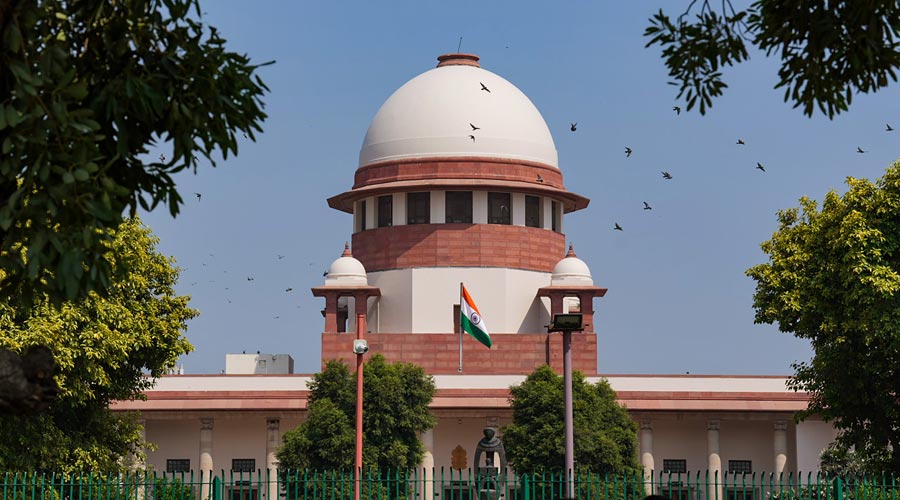Nithyakalyani Narayanan. V
The Supreme Court held that the Insolvency and Bankruptcy Code (IBC) 2016 prevails over the Electricity Act, 2003, provisions in an appeal filed by the Paschimanchal Vidyut Vitran Nigam Ltd. (PVVNL) against an order of the National Company Law Appellate Tribunal (NCLAT). The company is a subsidiary of Uttar Pradesh Power Corp. Ltd.
The issue is related to the unpaid electricity dues that Raman Ispat Pvt. owed to PVVNL, which made them get an order of attachment of its property. The company went into liquidation, and its liquidator argued before the NCLAT that the dues owed to PVVNL will be distributed as per the IBC and requested to release the attached property. The Tribunal ordered the release of the property with immediate effect.
PVVNL approached the Supreme Court and argued that the Electricity Act overrides the IBC and hence it could opt to stay out of the liquidation process and recover its dues independently as per the act. But the Apex Court held that the provisions of the Electricity Act cannot prevail over the Code and explained the waterfall mechanism, under the IBC, for recovering dues from a company in liquidation. In conclusion, the mechanism enumerates a hierarchy of the order of distribution of assets for a company under liquidation.
The Bench detailed that the costs of the insolvency settlement process and liquidation will be taken care of, followed by the dues of workmen for the 24 months before the date of liquidation and debts owed to a secured creditor if that creditor has relinquished the security. This will be subsequently followed by wages and any unpaid dues owed to workers who were not workers for 12 months before the date of liquidation, and the money due to unsecured creditors will be paid. After dealing with this, the Centre’s dues and those of secured creditors will be placed in the hierarchy.
The Court concluded by saying that PVVNL, which is a secured creditor, is entitled to its dues in accordance with the Code, and the same shall be adjudicated within 10 weeks.


